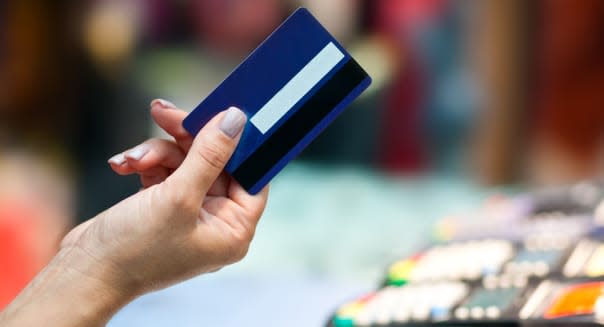3 Financial Lessons Hacking Scandals Have Taught Us

Sensitive information is apparently hard to keep that way these days. It seems as if there's a new hacking scandal every few weeks, leading folks to wonder if anything can ever be secure.
However, these incidents should also make us smarter as consumers. Let's go over some of the financial lessons that some of the more prolific recent hacker events have taught us.
1. Keep your credit cards separated. Target's data breach during the 2013 holiday shopping season was brutal. The cheap-chic discounter initially reported that as many as 40 million customers had their credit and debit card information swiped. A few weeks later it revealed that a new group of 70 million customers might have also had their card data lifted.
%VIRTUAL-WSSCourseInline-963%The development was enough to rock Target's sales, even after it offered an across-the-board discount during the final week of the holiday shopping season. The retailer tried to get ahead of the mess, arming consumers with the tools to clean up their compromised financials.
It's easy to see why Target (TGT) shoppers felt helpless here. They didn't do anything wrong beyond simply swiping plastic at a Target register. However, the hassle of having to have a replacement card issued probably made them smarter.
One potent takeaway is that cardholders should probably have at least two credit cards. Dedicate one card to automated payouts. Use the other for physical store purchases. That way, if someone does steal the info from the one used in real-world purchases, you don't have to scramble to have all of your automated payments reset or fear that some of the payments will bounce.
2. Separate email accounts is also a good idea. This month's Ashley Madison hacking scandal may have been the butt of talk show jokes, but the incident exposed a lot of data. More than 30 million email addresses were compromised, from folks who had registered for the website that unabashedly hooks up married folks for adulterous flings.
The initial headlines focused on the large number of accounts from investment banker domains, but then things took a turn for the morose. There were extortion attempts and even a couple of unconfirmed suicides reported by the New York Post.
The lesson here is fairly clear. If you're going to hit up a website that could potentially be shameful if your registration was made public, don't sign up for the site with your work or school email. Create a free email account. You should probably have a few email accounts anyway, just in case one should get hacked into. Just as you should do with your credit cards, dedicate one email address to serious sites. Create at least one more for everything else, so it's the one collecting spam and Ashley Madison signups.
3. Financial data isn't the only hacker currency. One of the more embarrassing hacks came late last year when Sony (SNE) movie studio emails were compromised. There was no financial information taken, but sensitive emails detailing the inner workings of Sony and unflattering exchanges between actors, executives, and directors made a lot of people look bad.
Be careful with everything you write in an email. Even if you may have everything secure on your end, always remember that there's a recipient at the other end of every email you send. If something is sensitive -- and that includes financially sensitive -- you don't want to pass it along in an email.
Stay safe, and keep your finances secure.
Motley Fool contributor Rick Munarriz has no position in any stocks mentioned. The Motley Fool has no position in any of the stocks mentioned. Try any of our Foolish newsletter services free for 30 days. Looking for a winner for your portfolio? Check out The Motley Fool's one great stock to buy for 2015 and beyond.

